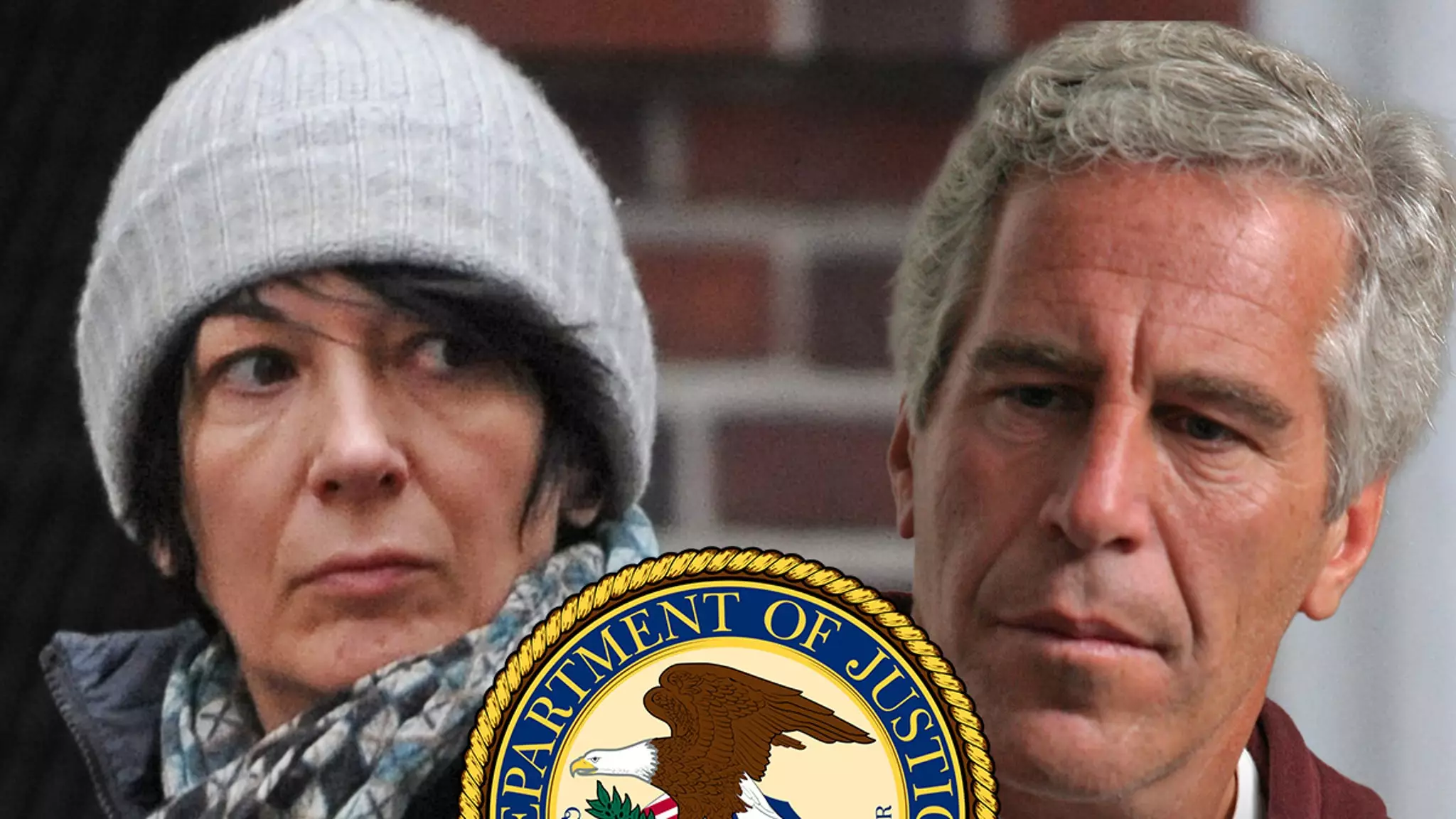The recent questioning of Ghislaine Maxwell by federal authorities marks a significant, albeit complex, chapter in the ongoing unraveling of Jeffrey Epstein’s dark legacy. With her sitting for two days of intense interrogation, the layers of her involvement and what this reveals about the wider network of complicity remain shrouded in ambiguity. Critical analysis suggests that her cooperation could serve as a vital piece in the puzzle, yet it also raises questions about the limits of accountability and transparency in such high-profile investigations. Her attorney’s claim that Maxwell was asked about roughly 100 individuals indicates an extensive probe, but it’s essential to scrutinize the power dynamics and potential biases that influence federal inquiries.
This interrogation appears to be a pivotal moment, especially since Maxwell had not testified during her 2021 trial. Her previous silence gave her a shield of ambiguity; now, her engagement with federal agents might chip away at that cover. However, it’s worth asking whether her limited immunity arrangement and the grand promise of “truth” serve to genuinely dispel the web of secrecy that has long concealed Epstein’s activities. The public’s curiosity is fueled by not just the names involved but by the nature of the crimes and the broader culture of impunity surrounding the wealthy elite. Maxwell’s revelations, whatever they may be, could redefine public perceptions or, conversely, deepen doubts about the reach and efficacy of justice.
Are We Witnessing a Turning Point in Confronting Power and Corruption?
The charged atmosphere surrounding Maxwell’s interrogation is compounded by external activities, such as a banner flying overhead that accused figures like Donald Trump and Florida’s own attorney general, Ashley Moody, of protecting predators. Such symbolic gestures underscore the skepticism and frustration many harbor about whether those in power have truly faced consequences. This skepticism is not unfounded. The Epstein scandal exposed how influential figures, with deep ties to the political and social elite, may have operated with impunity for decades. While Trump and other prominent figures publicly deny involvement or knowledge, the specter of their potential complicity lingers.
What makes Maxwell’s case particularly compelling is its potential to expose systemic failures or, perhaps, selective justice. Her detailed questioning about Epstein’s social circle, dates, locations, and possibly even covert activities raises hopes that the identity of actual perpetrators and enablers might come to light. Still, history suggests that such proceedings can become symbolic—painstakingly slow, politically charged, and sometimes superficial. The tension between demanding accountability and fearing cover-ups persists. Whether Maxwell’s testimonies will serve as a breakthrough or merely add to the controversy remains to be seen.
Questioning the Shadows: Will the Truth Finally Surface?
This investigation arrives at a crossroads where power, privilege, and secrecy intersect. Maxwell’s willingness to cooperate might be a game-changer, but the true measure of its impact depends on the willingness of the justice system to pursue every lead relentlessly. Her lawyer’s statement that “the truth will come out” echoes an optimistic hope, but skepticism remains justified given the historical reluctance of institutions to confront the most powerful and wealthy.
Furthermore, the public’s demand for transparency is now more urgent than ever. In a society where wealth often equates to immunity, the challenge lies in ensuring that no one remains above the law—no matter how influential or well-connected. Maxwell’s testimony might hold the key to unlocking some of these longstanding mysteries, but it also underscores the importance of vigilance. Justice should not be conditional, and the pursuit of truth must be relentless, especially when the stakes involve protecting vulnerable victims and exposing a dangerous network of abuse.
In this context, her interrogation might be more than a mere legal proceeding; it’s a symbol of society’s resilience in confronting uncomfortable truths. As the investigation unfolds, the hope isn’t just for accountability but for a broader awakening that a society built on transparency and justice can withstand even its darkest secrets.

